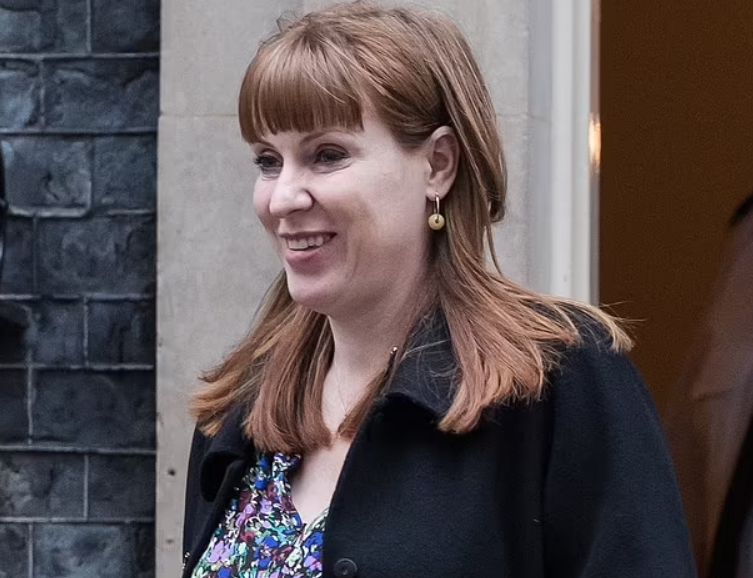Fears Labour’s national insurance raid and wage hikes could help send more councils bust as they plead for £8bn extra from government_Nhy
Fears have been raised that Labour’s policies could help send more councils to the wall as they plead for extra funding.
In a submission to the Treasury’s spending review, the Local Government Association (LGA) warned authorities are facing an £8billion black hole in their finances.
The body pointed to the national insurance raid and national living wage hike in the Budget, alongside wider pressures on services, as causing difficulty for town halls.
The LGA warning came after 18 councils required exceptional financial support to balance their 2024-25 budgets.
A quarter of council chief finance officers believe they will need help in the coming year or next year – with alarm that some might effectively collapse and need bailing out.
The analysis said councils would not be able to deliver on the Government’s priorities without ‘necessary financial headroom’.

The LGA pointed to the national insurance raid and national living wage hike in Rachel Reeves’ (pictured) Budget, alongside wider pressures on services, as causing difficulty for town halls

Birmingham City Council is among the local authorities that have issued a Section 114 notice – effectively admitting it is bust
It found that if the current trend of rising costs coinciding with increasing demand for services continued, £21.4billion would be added to the cost of delivering services by the end of 2028-29 – a 29.8 per cent increase.
Councils would collectively face a funding gap of £1.9billion this year, rising to £4 billion next year in 2026-27, £6 billion in 2027-28 and £8.4billion in 2028-29.
The LGA pointed to ‘new costs associated with the employer National Insurance Contribution changes, which have not been fully compensated for by government, alongside demographic change, inflation, and unfunded rises to the National Living Wage’ as exacerbating the challenges.
Chancellor Rachel Reeves promised town halls would have the costs of implementing her huge employer NICs raid offset, but they complain that has not happened in full.
LGA chair Louise Gittins said: ‘Councils hold the key to public sector reform which is a clear ambition of government. As leaders of their communities and major local employers, they must play a critical role in promoting sustainable and inclusive growth.
‘We know that there are huge financial challenges ahead for government. However, sufficiently funding councils in the spending review would enable them to fully play their part in leading local growth priorities and unlock the full potential of their local people, businesses and places.
‘Local government has made huge savings and efficiencies over the past decade and continues to innovate and transform services to get the best for residents and provide greater value for money.
‘However, without adequate investment now we risk not being able to deliver crucial services that so many depend upon and our desire to help government fulfil its ambitions for the future are severely hindered.’
The spending review, due to be announced by Chancellor Rachel Reeves on June 11, will set three-year department budgets.
It will be the first time in seven years that councils have received multi-year settlements.
Councils that have applied for financial support this year are expected to be notified of Government decisions this month.
The local government financial settlement in 2025-26 provides access to more than £69 billion in funding this year – a 6.8 per cent increase in cash terms compared to 2024/25.
Six councils, serving more than 2.5million people, have been granted permission to increase council tax beyond the established annual threshold of 5 per cent.
Bradford Council will be able to increase the levy by a further 5 per cent, while Windsor and Maidenhead Council and Newham Council can all increase bills by 4 per cent.

Angela Rayner has stressed the need to strike a balance between preventing councils experiencing ‘further financial distress’ and the ‘interests of taxpayers’
The remaining councils – Birmingham, Somerset and Trafford – have been granted a further 2.5 per cent uplift beyond the threshold.
The overall core spending power provided in financial settlement assumes that all other councils will increase council tax by 4.99 per cent in 2025-26 – the maximum level permitted without holding a local referendum.
Announcing the move, Angela Rayner stressed the need to strike a balance between preventing councils experiencing ‘further financial distress’ and the ‘interests of taxpayers’.



